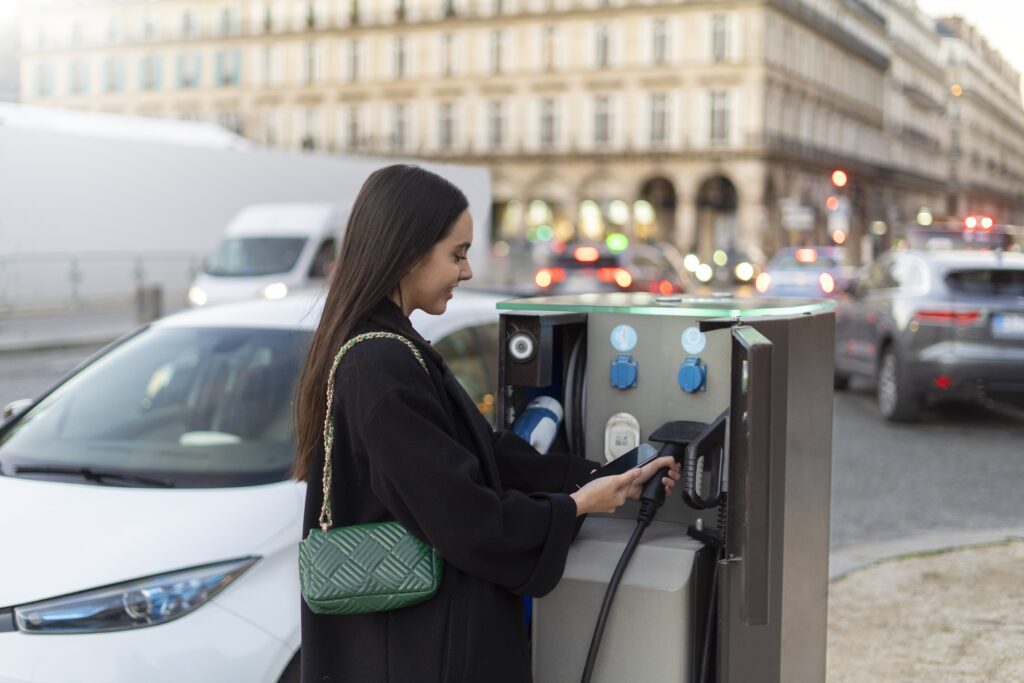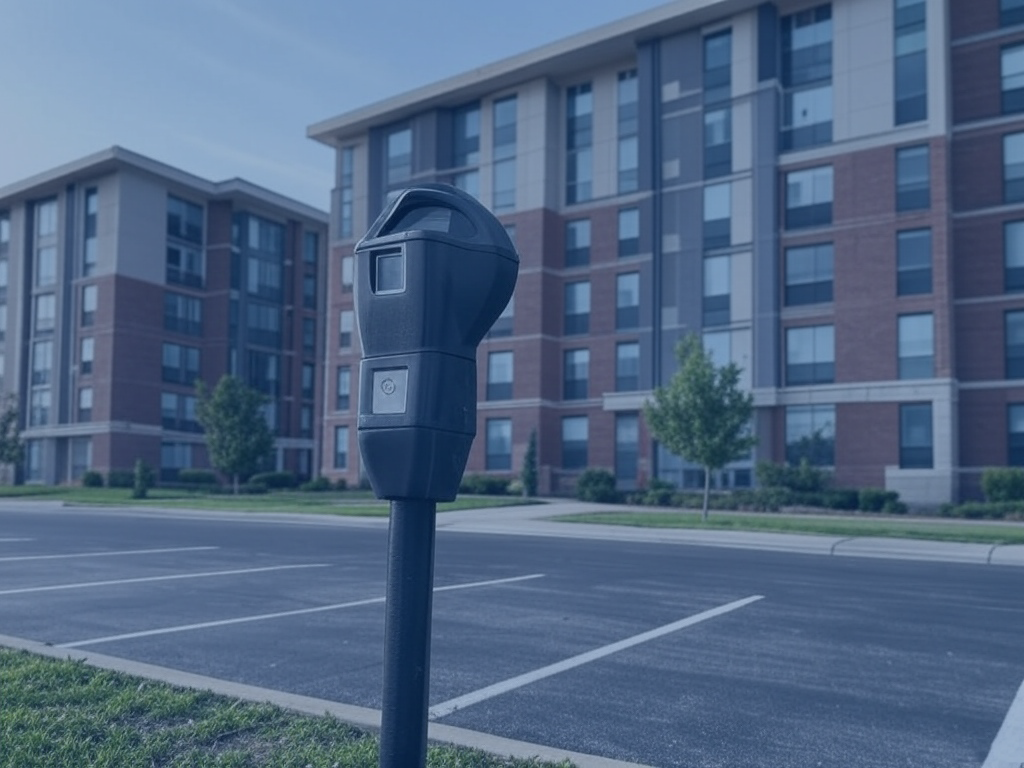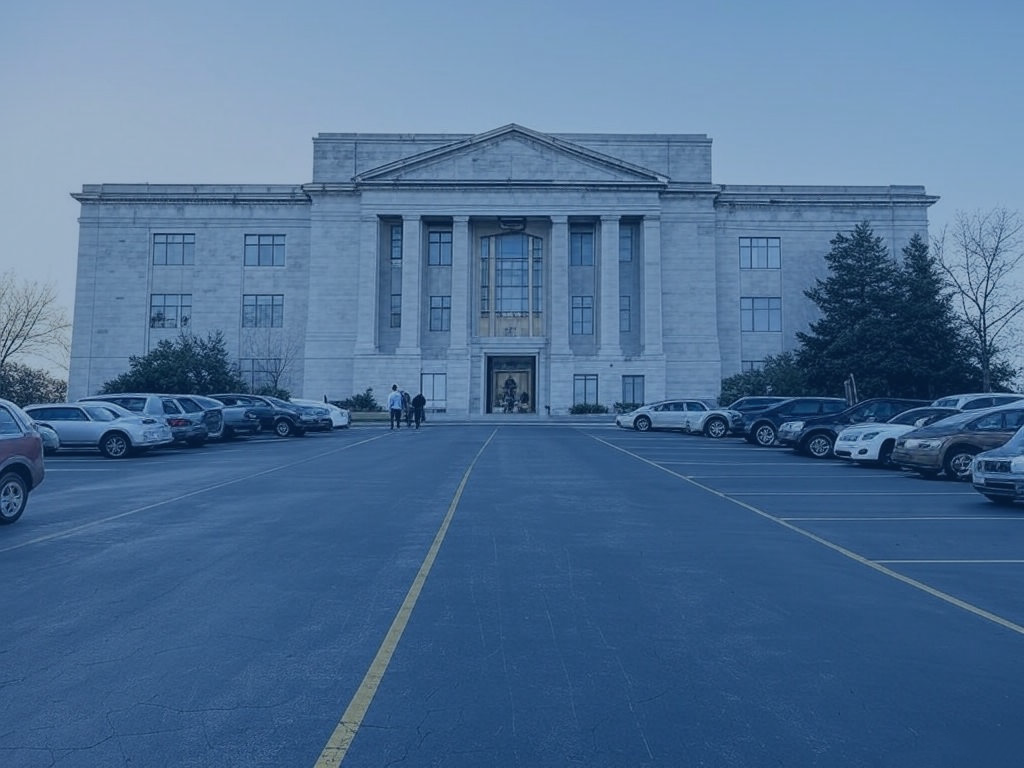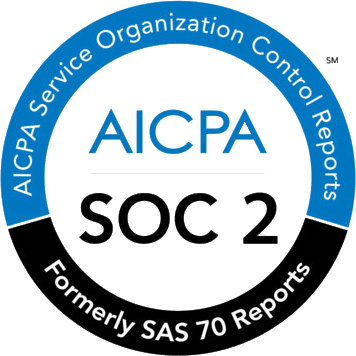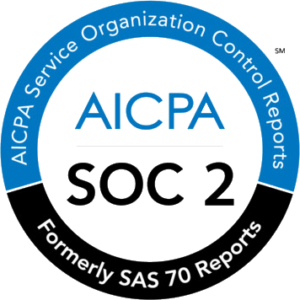Over the last 18 months, the world of work has changed.
The term ‘new normal’ has become part of our everyday conversations, with the dynamics of each element of our lives consistently changing.
Remote work has taken hold and problems around commute-based challenges, like corporate transportation, dropped down the priority list for many businesses.
However, as we move into the final quarter of 2021, some semblance of normality has returned, and organisations are once again considering how their top talent gets to and from the workplace.
Going forward, here are just a few issues businesses will face while managing their corporate transportation.
Table of Contents
ToggleCommunication Is key
If you’re organising corporate transportation, it is essential that you discuss your executive’s preferences. For instance, if they’re travelling from abroad, are they still comfortable flying and do they meet your country’s vaccination requirements? In such a situation, when they do arrive, would they be happier to get a driver, take public transportation, or would they prefer to hire a vehicle.
In either of these scenarios, you shouldn’t forget the little details either, like double checking each booking and knowing whether or not there is a parking space needed for your executive once they do reach the workplace.
This is an area where communication and organisation is key.
Data, data, data
For many businesses, trying to go back to the same working conditions that we had pre-pandemic will be like trying to put toothpaste back in the tube. Staff now realise the benefits flexible working conditions can have on their lives and many of them won’t want to return to a typical 9-to-5 day. This is as true of senior management, as it is of any member of staff.
Therefore, companies will have to adapt to how their employees now want to work. For instance, assigning parking spaces to executives who no longer spend their working weeks within the office will be a waste of time and resources.
Going forward, businesses will manage their transport facilities using data that gives them real-time insight into the availability, usage, and demand of their resources.
One company that was ahead of the curve in this area was Alstom. They rolled out Wayleadr’s availability & allocation features to automate and optimize their employee parking, with senior management still having assigned parking spots.
Revamp your commuting & transportation operations
Find out how Wayleadr can help you optimize transportation operations and reduce transportation-related issues
Get a DemoThese executives simply used the Wayleadr app to indicate if they are not using their space on any given day. When free, these spaces went back into the pool of available spots.
Public transport not the option it was
According to an article in the Financial Times earlier this summer, the use of public transport is only at 40 percent of its normal capacity in many European cities and only half pre-covid levels in Tokyo.
It is one transport option that has understandably taken a hit. Workers who would previously travel this way, now may prefer to take an alternative option if they have to come to the office.
In terms of parking, this is another area that reduces the certainty around the demand for spaces on any given day. An obvious solution on such an instance is the parking allocation system, that allows employees pre-book spaces.
A business that made a similar change is Colliers International and increased parking availability on-site allowed them to reduce their yearly parking spend by €15,000.
Bigger focus on environment
Car and vanpooling may be hit for the same reasons as public transport was. Afterall, despite a huge uptake in the vaccine for the Covid-19 virus, some still have an apprehension in regard to being in confined spaces with others.
However, with the vaccine rollout, it is a matter of time before we once again focus on the other big challenge of our time, the environment.
With this, it is worth noting that a recent study from Universitário de Santiago academics stated that it is possible that “carpooling under a set of precaution rules is a potential solution to help commuters perform their daily trips while respecting COVID-19 safety recommendations.”
The same study also said: “Results indicate that employing carpooling for groups of up to three people to safely commute from their residence area… has the potential to significantly reduce pollutant emissions.”
With more and more businesses becoming climate conscious, carpooling, and other environmentally friendly behaviour may be encouraged.
Global software delivery company, Version 1, worked alongside Wayleadr to make its parking facility more environmentally friendly. By using an integrated barrier system, a daily charge and bookings for those who needed it, they created a workplace with a greatly reduced level of car commuting.
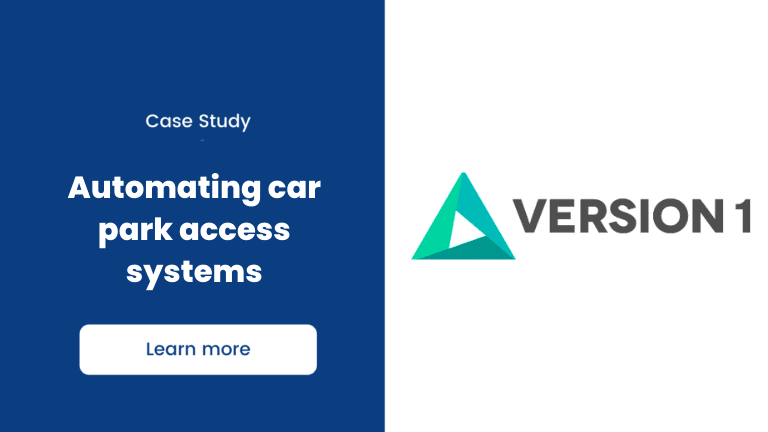
As you can see, a parking management system can help you solve many of the problems of today and the future. Wayleadr is constantly looking towards ways it can make your company’s transport facilities more efficient.
Join industry leaders from companies like Sanofi, Indeed.com & CBRE, schedule a demo with Wayleadr.com today and solve your parking problems in the click of a button.

